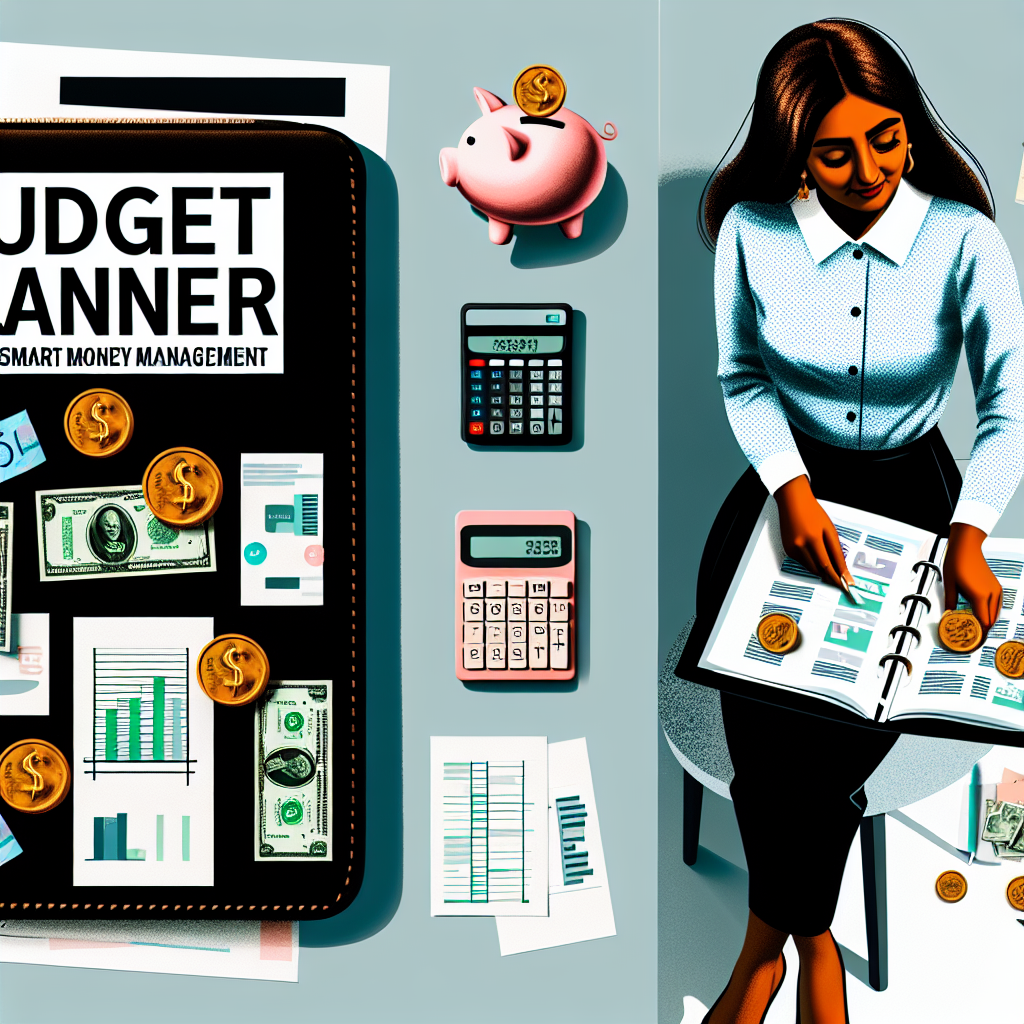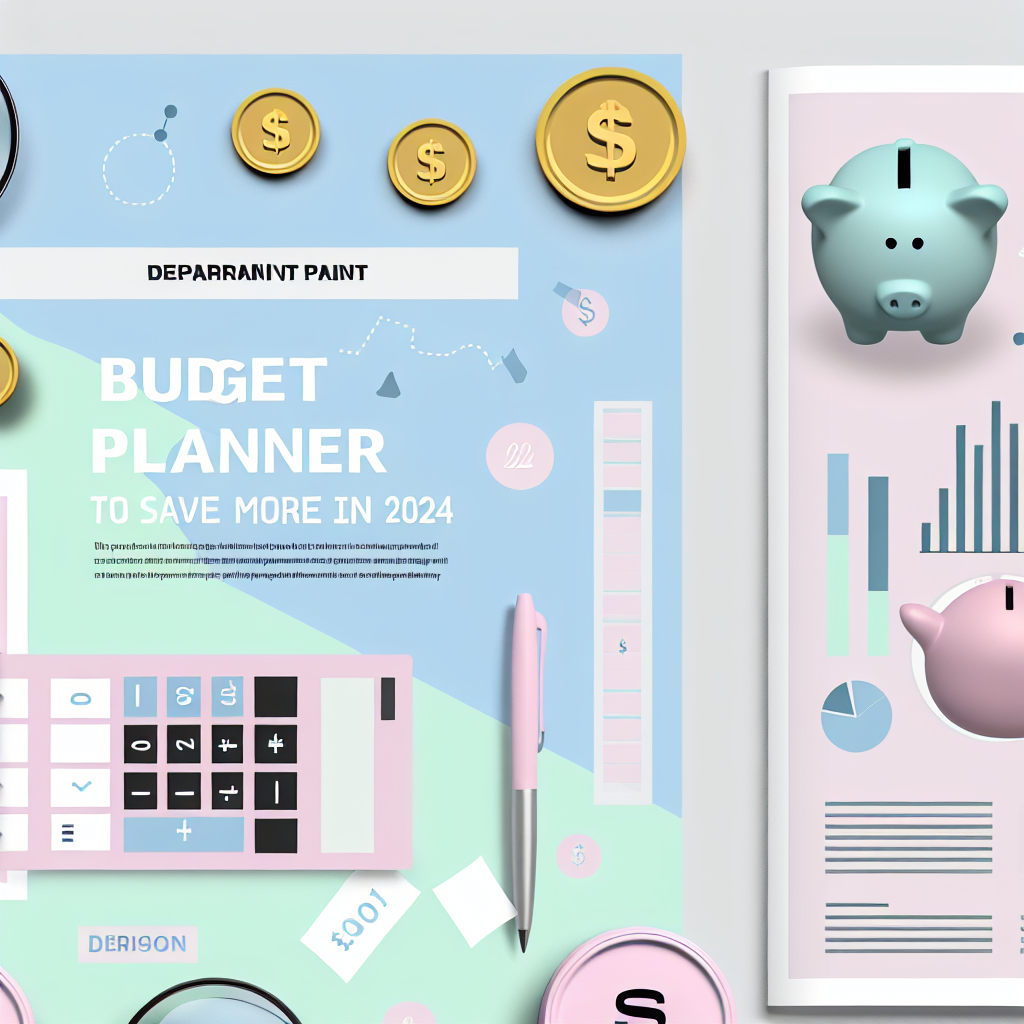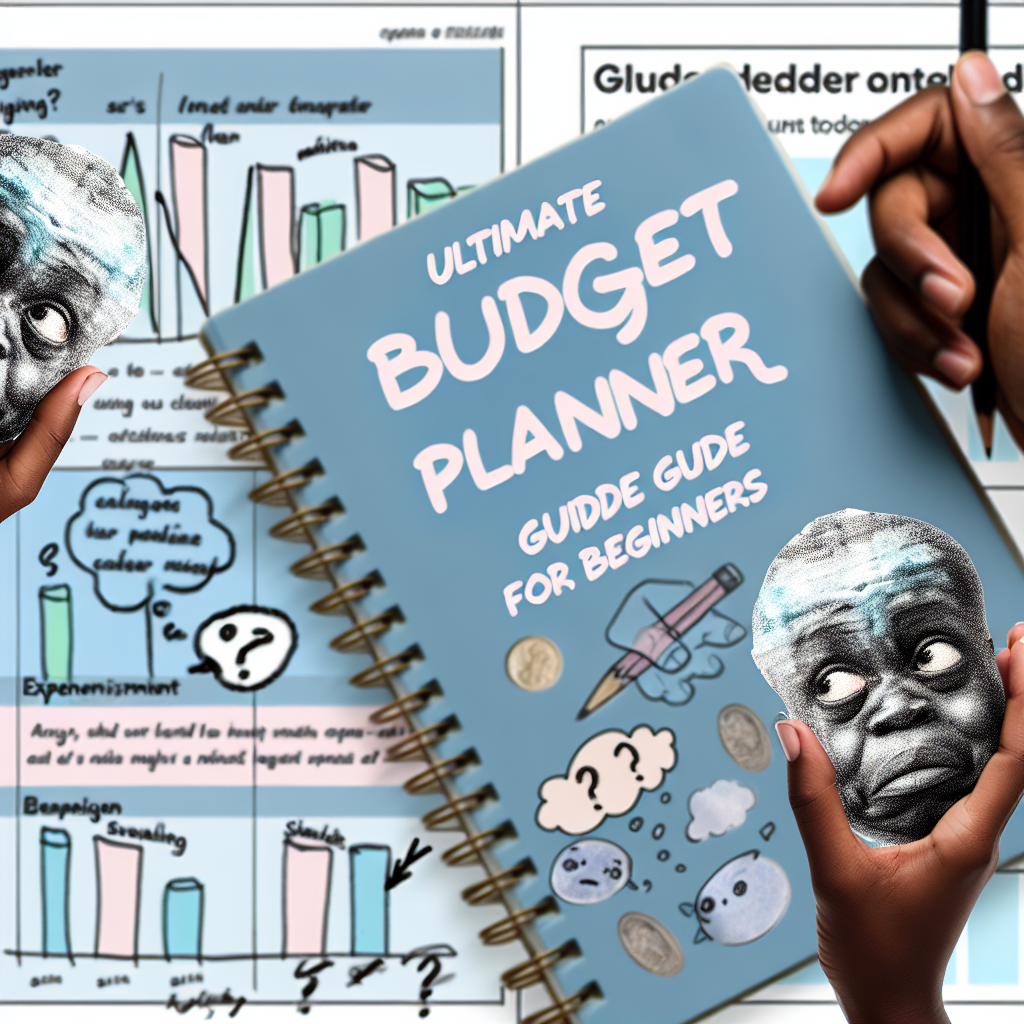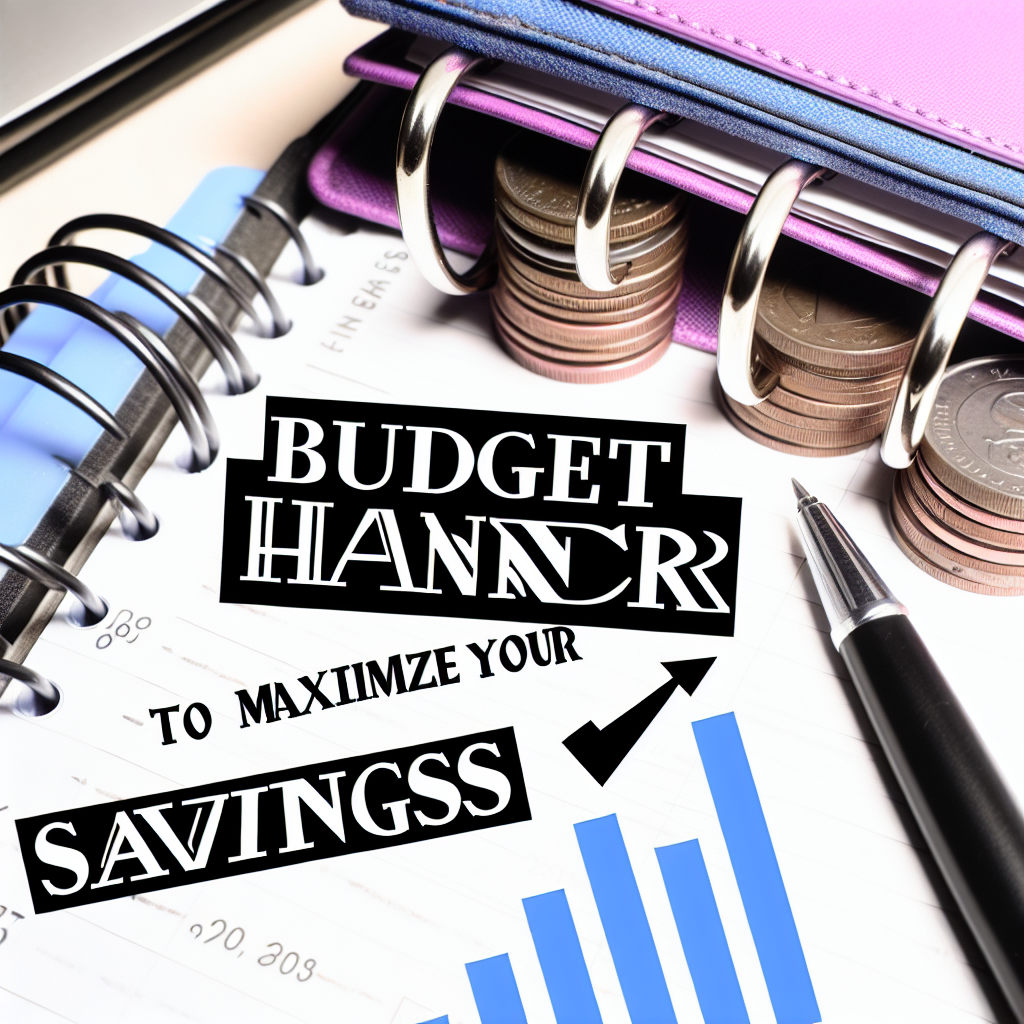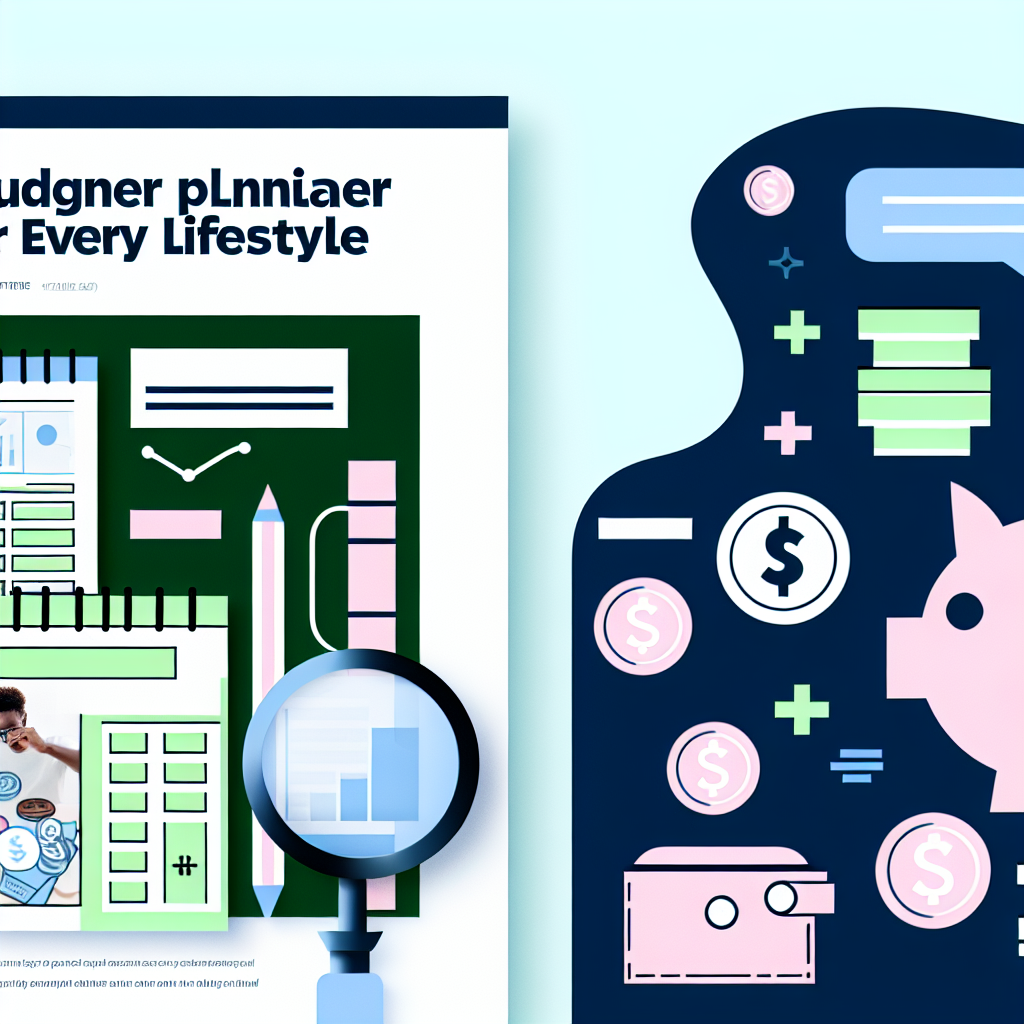=
Let me take you back to a night that still makes me cringe. I was sitting at my tiny kitchen table, a half-empty cup of coffee growing cold beside me, staring at a crumpled napkin with “NO SPENDING” scrawled across it in shaky letters. That was my first “budget.” It was as effective as a leaky umbrella in a thunderstorm. I was 29, juggling two jobs, drowning in credit card debt, and convinced that budgeting was some kind of cruel punishment for people who loved money more than life.
But here’s the thing: that awful napkin was the start of something. It was the first tiny crack in the wall I’d built between myself and financial peace.
The Moment I Realized Budgeting Isn’t About Restriction—it’s About Freedom
For years, I thought budgeting meant saying “no” to everything fun, living like a monk, and constantly feeling guilty about every dollar I spent. The truth hit me one evening when I was scrolling through my bank app, heart pounding as I faced yet another overdraft fee. I realized budgeting wasn’t about punishment—it was about understanding my money, my habits, and my life. It was about carving out space to breathe, to plan, and yes, to dream about retiring early without that pit-of-the-stomach anxiety every month.
Budgeting, I found, was less about spreadsheets and more about honesty—with myself and my money.
How I Started Turning My Budgeting Disaster Into a Tool for Early Retirement
The first thing that actually worked for me was ditching the idea of a perfect budget. I started by tracking every single expense for a month—not to judge, but to see where my money was going. Spoiler: it was mostly on random takeout and impulse buys. But seeing it laid bare was strangely empowering. I wasn’t failing; I was learning.
I remember being hesitant to try the “envelope method” next. Carrying cash in labeled envelopes sounded old-fashioned and a bit silly. But it forced me to slow down. When the “fun money” envelope was empty, I had to get creative with free or cheap activities instead of mindlessly scrolling and spending.
This trick might sound weird, but it changed everything for me: I started automating my savings. I set up a small automatic transfer to a separate account right after payday. It felt like magic to watch that number grow without me having to think about it constantly. Even if it was just $50 a month, it was progress.
Finally, I gave myself permission to adjust the budget. Life isn’t perfect, and neither was my plan. Some months were tight, others had surprises. Being flexible meant I didn’t beat myself up and kept me moving forward instead of giving up.
I Know What You’re Thinking—“This Sounds Hard, and I Don’t Have Enough to Start”
I get it. I’ve been there, staring at my bank account wondering if I could even afford a bus ticket home. Budgeting felt like a mountain I wasn’t equipped to climb. But here’s the thing: you don’t need to start with a huge emergency fund or a fancy app. You just need to start small and be kind to yourself.
If you’re worried about missing out or feeling restricted, remember budgeting isn’t about deprivation. It’s about making your money work for you so you can retire early and live the life you want—without the stress that used to keep me up at night.
One Small Step Today
If you’ve read this far, you’re already ahead of where I was. Here’s my message: you don’t have to have it all figured out. Start by writing down every expense you make today. No judgment, no shame. Just write it down. That’s your starting point. From there, you can build a budget that fits your messy, beautiful life.
Remember, budgeting isn’t a punishment—it’s a lifeline. And you’re not alone on this journey. I’m rooting for you.
💡 Want more tips like this? Explore more ways to save funds and plan your budget wisely!


